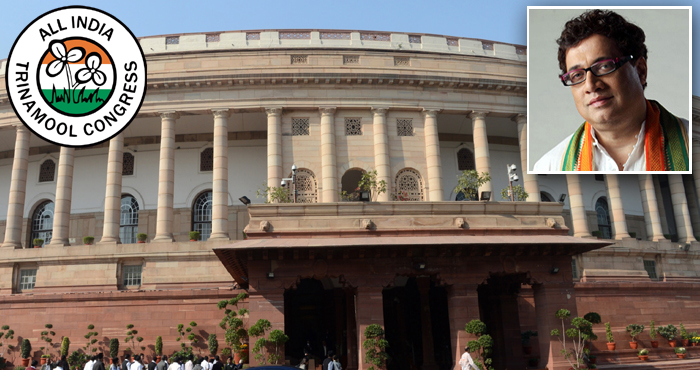Sir, I am very nervous today because I have been inspired by my friends of Uttar Pradesh and Bihar today from the BSP, SP and JD(U) to try to speak a little in Hindi, so I may make some mistake you must not laugh.
Sir, Bharat ne Bali me jo hasil kiya tha wo WTO samasya ka adha solution tha, pura nehi. Kyun ki dash pritisat subsidy cab ke ulanghan kar ne ke immunity sirf char sal ke liye di geye thi. Ab immunity par samay ki pawandi nehi hay lekin ye bhi sampuran samadhan nehi hay. Jab iska pura hal nikal ayega or domestic support ke liye naya formula apnaya jayega to Bharat ko WTO ke liye kuch aur concession dena hoga ki nehi dena hoga, that is the question.
While the Government and the earnest and hard working minister has seemingly helped improve the Bill for Bali, the current situation let it be said has been on the Table since it raid flag in the summer. But it stopped halfway. And my question is why didn’t it raised for final solution, something it had argued for and agreed to endorse the TFA.
Sir, on a serious note, short term gain but long term pain. I have two specific questions on the short term gain and long term pain. The first question for the Government is that the TFA will enhance the developed countries’ access to the Indian market, we know that. India is losing out in competitiveness in all product lines as there has been a hollowing out of industries. My straight question to the Minister is, please tell us how is the TFA going to impact growth in the manufacturing sector?
And my second clarification is to do what the Minister said and I quote: “Continuing the minimum support programme is the lifeline for millions of our low income resource farmers. We have a right to distribute food to the poorest to the poor.” Then I have to ask the Minister, what about the MGNREGA? What about cutting back subsidies for petroleum products, cutting educations subsidies, cutting health subsidies, cutting all sector expenditure?
So, I am totally confused. They have to clarify this. On one side they make statements about distributing food to the poorest of the poor and on the other side they cut all the subsidies.
I will end, Sir, with a nice appropriate quote by Hon’ble Arun Shourie, made three or four days ago. “When all is said and done, more is said than done”. What will the Minister have to say about her statement in relation to this statement? Thank you.

